
A gurdwara (gurdwārā; meaning "door to the guru") is a place of assembly and worship for Sikhs. People from all faiths, and those who do not profess any faith, are welcomed in Sikh. Each Gurudwara has a Darbar Sahib where the current and everlasting guru of the Sikhs, the scripture Guru Granth Sahib, is placed on a takhat (an elevated throne) in a prominent central position. The raagis (who sing Ragas) recite, sing and explain, the verses from the Guru Granth Sahib, in the presence of the congregation.
All Gurudwaras have a Langar (community kitchen), where people can eat free vegetarian food served by volunteers at the Gurudwara. They may also have a medical facility room, library, nursery, classroom, meeting rooms, playground, sports ground. A Gurudwara can be identified from a distance by tall flagpoles bearing the Nishan Sahib, the Sikh flag.
The first Gurudwara in the world was built by Guru Nanak Dev Ji around 1521 at Kartarpur.
Sikh Guru Sahiban
Gurudwaras Worldwide
Historical Gurudwaras hold immense spiritual significance in Sikhism. They are not just places of worship but also symbolic reminders of key events and teachings in Sikh history.

Here's a more detailed exploration of their spiritual importance:
Connection to Sikh Gurus
- Gurudwaras are associated with the lives and teachings of Sikh Gurus, particularly Guru Nanak Dev Ji, Guru Angad Dev Ji, Guru Amar Das Ji, Guru Ram Das Ji, Guru Arjan Dev Ji, Guru Hargobind Sahib Ji, Guru Har Rai Sahib Ji, Guru Har Krishan Sahib Ji, Guru Tegh Bahadur Sahib Ji, Guru Gobind Singh Ji, Guru Granth Sahib. Visiting these Gurudwaras allows Sikhs to feel a direct connection to the spiritual lineage and wisdom of their Gurus.
Historical Significance
- Many Gurudwaras are built at sites where significant events in Sikh history occurred. For instance, Sri Darbar Sahib Amritsar (The Golden Temple Amritsar) in Amritsar marks the spot where Guru Arjan Dev Ji constructed the central Sikh shrine and compiled the Guru Granth Sahib. Such historical events are a source of inspiration and reverence for Sikhs.
Sanctity of Guru Granth Sahib
- Guru Granth Sahib, the holy scripture of Sikhism, is placed at the heart of every Gurudwara. Sikhs believe it to be the eternal Guru, and its presence in Gurudwaras signifies divine guidance, wisdom, and spiritual enlightenment.
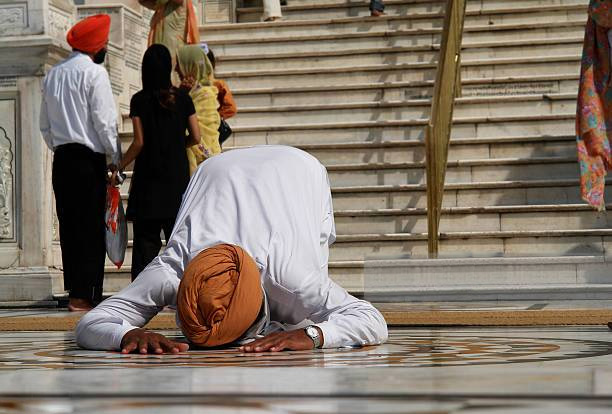
Congregational Worship (Sikh Sangat)
- Gurudwaras are gathering places for the Sikh community, emphasizing the importance of congregational worship (Sikh Sangat) and communal meals (Langar (community kitchen)). These practices foster a sense of unity, equality, and selfless service among Sikhs.
Prayer and Meditation
- Gurudwaras provide a peaceful environment for prayer and meditation. Sikhs come to seek solace, reflect on the teachings of the Gurus, and deepen their spiritual connection.
Equality and Inclusivity
- Gurudwaras exemplify the Sikh principle of equality. Everyone, regardless of their caste, creed, gender, or social status, is welcome to enter, pray, and partake in Langar (community kitchen). This inclusive ethos reinforces the core Sikh belief in the oneness of humanity.
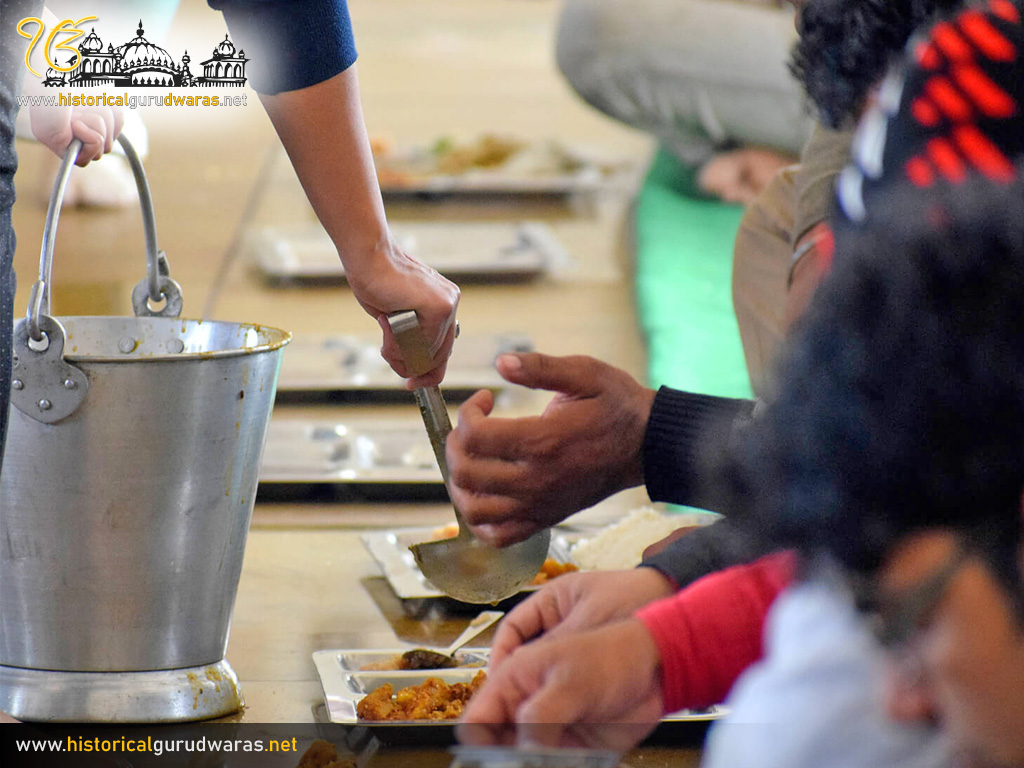
Sewa (Selfless Service)
- Gurudwaras are hubs of selfless service. Devotees and volunteers engage in Sewa, or selfless service, by helping with the upkeep of the Gurudwara, preparing and serving Langar (community kitchen), and participating in community initiatives. This practice reinforces humility and selflessness.
Spiritual Guidance
- Gurudwaras also serve as centers for spiritual guidance and counseling. Priests and Granthi are available to answer questions, provide guidance, and assist with religious rituals.
Pilgrimage and Devotion
- Many Sikhs undertake pilgrimages to historical Gurudwaras to express their devotion and seek blessings for various aspects of life, including health, prosperity, and spiritual growth.
Historical Gurudwaras hold deep spiritual significance for Sikhs as they encapsulate the essence of Sikhism, offering a place for worship, reflection, community, and the pursuit of spiritual enlightenment while honoring the teachings and legacy of Sikh Gurus.



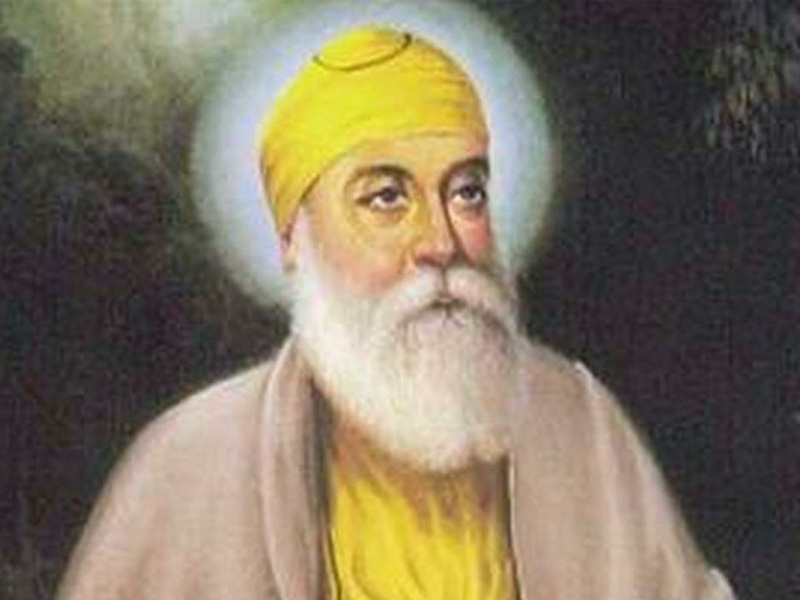
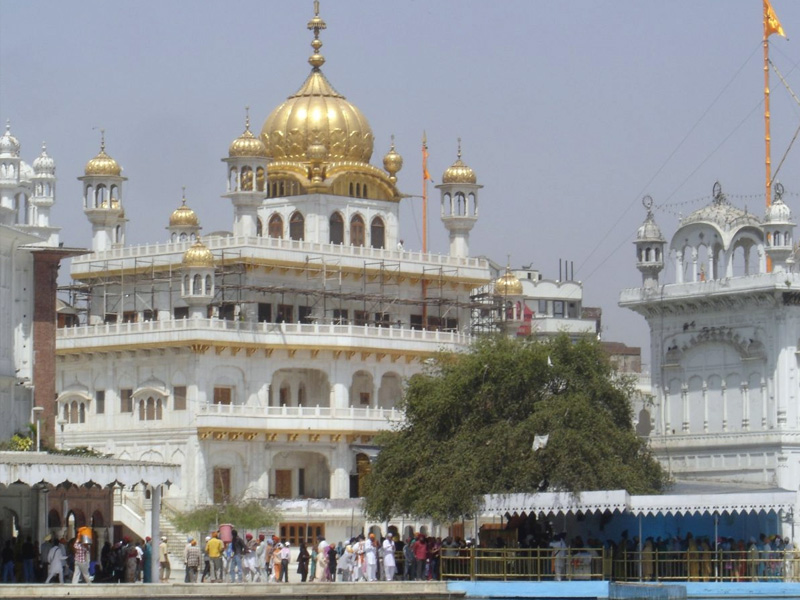
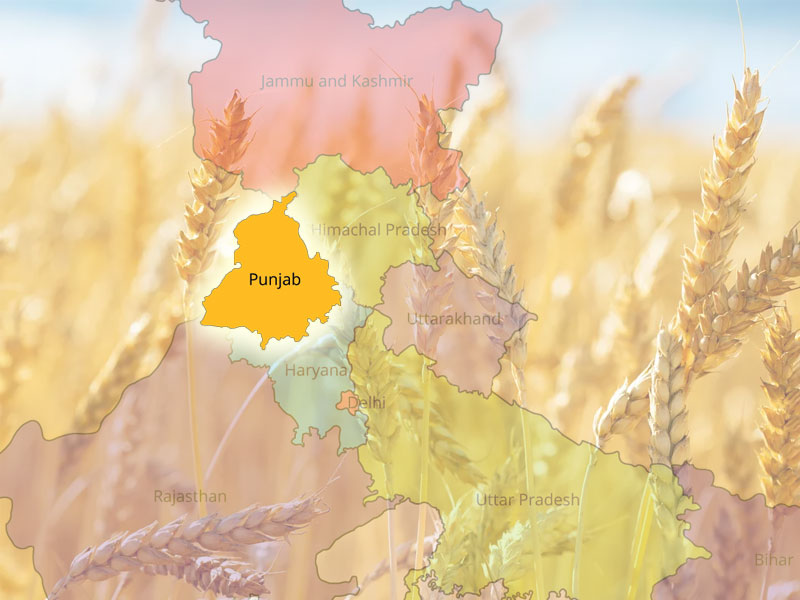
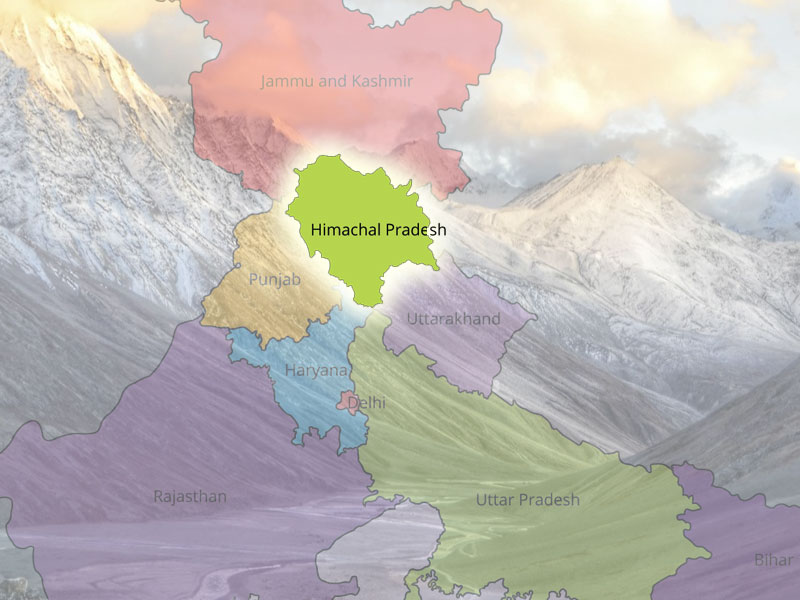
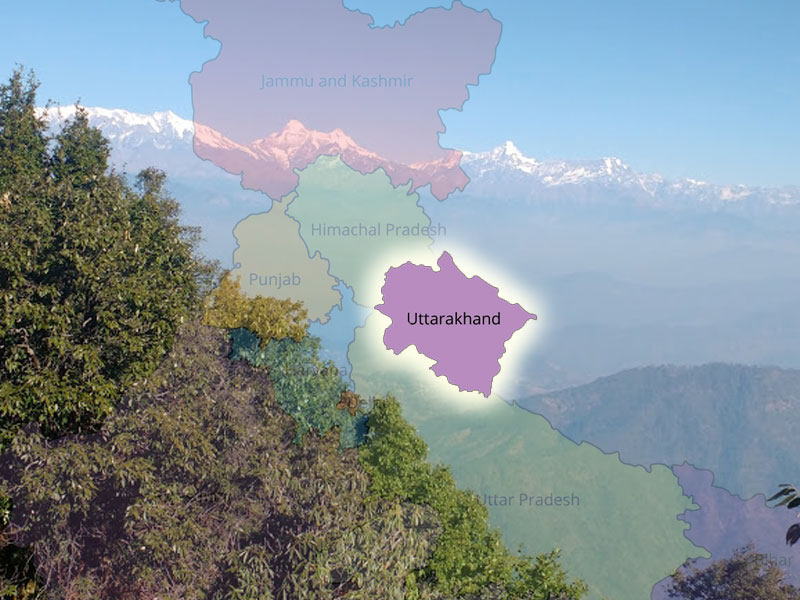

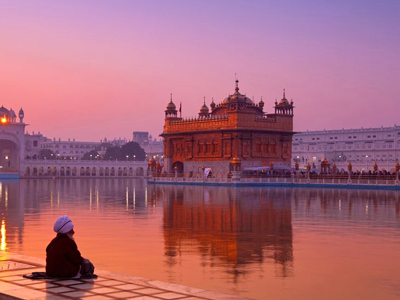
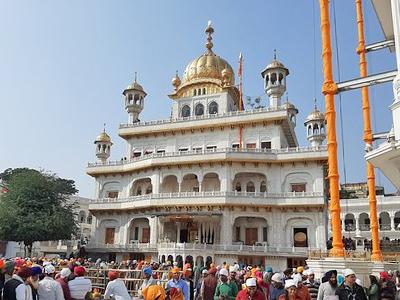
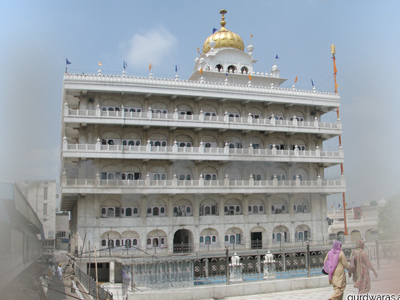
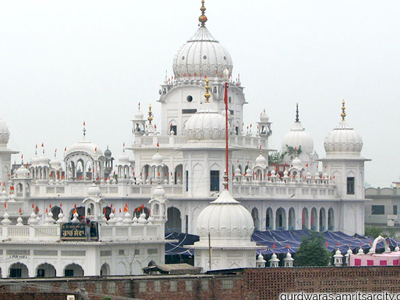
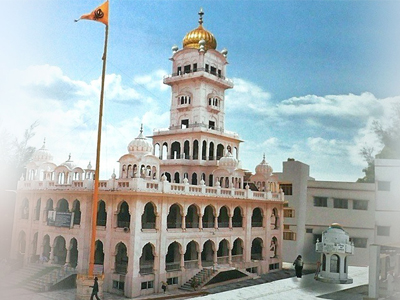
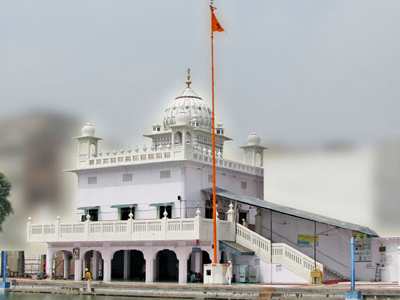
/golden-temple-travel-guide.jpg)


